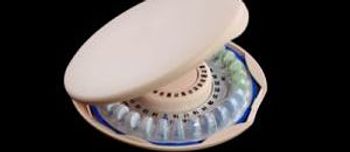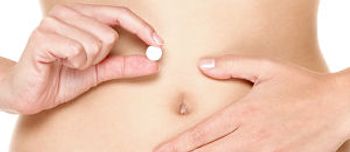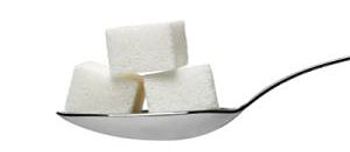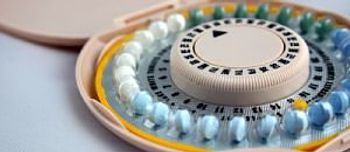
Planned Parenthood funding cuts would save taxpayers $235 million over a decade, but also reduce health care access for nearly 400,000 women and children.

Planned Parenthood funding cuts would save taxpayers $235 million over a decade, but also reduce health care access for nearly 400,000 women and children.

Allergan and the US Women's Health Alliance (USWHA) have announced an agreement to make Liletta available to patients across 26 Alliance health care groups nationwide.

The FDA has approved flibanserin (Addyi), the first drug to treat generalized hypoactive sexual desire disorder in premenopausal women.

Women with nodular thyroid disease or Hashimoto's thyroiditis face a higher risk of developing benign breast diseases.

Two different classes of drugs, aromatase inhibitors and bisphosphonates, may be able to reduce breast cancer mortality among postmenopausal women.

Using a common local anesthetic during surgery can reduce the likelihood of women developing chronic pain following the a mastectomy.

Making birth control available OTC would improve women's access to oral contraceptives while producing dramatic cost savings, a new National Center for Policy Analysis (NCPA) brief argues.

Don't miss these highlights from a recent issue of Pharmacy Times.

Pharmacists may have noticed greater emergency contraception (EC) use among teens over the last decade, a new US Centers for Disease Control and Prevention (CDC) study suggests.

Women with polycystic ovary syndrome face an elevated risk of developing heart disease, diabetes, mental health conditions, reproductive disorders, and endometrial cancer.

Recent study results have indicated that female smokers may be at higher risk for developing menstrual pain.

Girls who frequently consume sugary drinks may start their menstrual periods earlier than those who do not, recent study results suggested.

A new state law will allow women in Oregon to receive birth control from their pharmacist.

The belief that math ability is developed through learning, also known as a growth mindset, may motivate more women to pursue careers in physics, engineering, mathematics, and computer science.

Women with lupus have been warned about becoming pregnant in the past, but new research posits that those with mild or moderate disease activity can carry a baby safely.

Miscarriage is widely misunderstood by the public, according to a recent survey of more than 1000 US adults.

Women with diabetes have a considerably higher risk of developing coronary heart disease than men with diabetes.

Many common Cardiovascular Disease risk factors, such as hypertension, high cholesterol, type 2 diabetes, and thrombosis, are often experienced by women after a spontaneous preterm delivery.

Major negative life events may significantly increase middle-aged and older women's chances of developing heart disease or having a heart attack.

A new app called Maven allows women to access a health care professional on their smartphone.

Dietary supplements are intended to supplement the diet, not to cure, prevent, or treat diseases or replace the variety of foods important to a healthy diet.

Dietary supplements are intended to supplement the diet, not to cure, prevent, or treat diseases or replace the variety of foods important to a healthy diet.

A new bill introduced in the US Senate would permit pharmacists to dispense birth control pills without a prescription.

Community pharmacists are ideal candidates to offer educational information to patients, particularly women.

There are risks to both taking antidepressants and not treating depression during pregnancy.